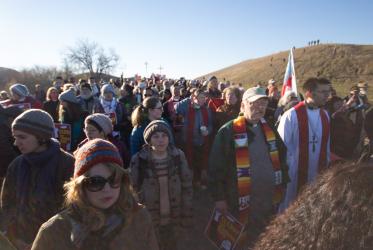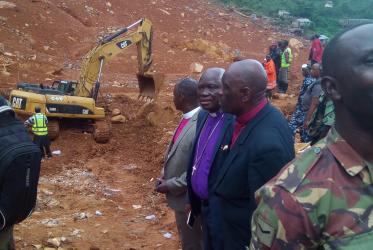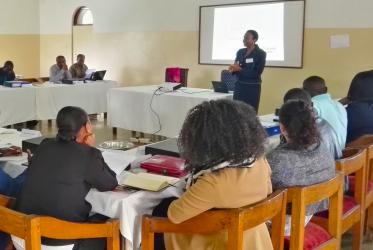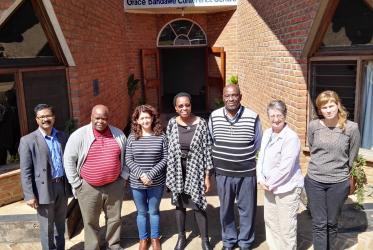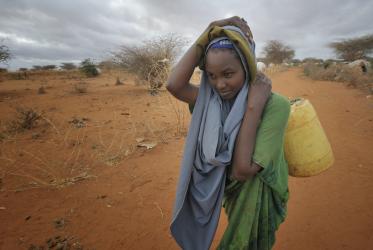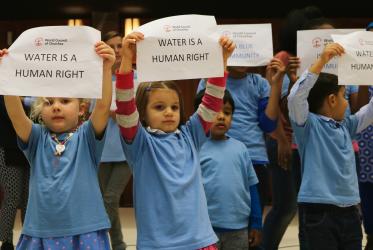Displaying 1 - 20 of 20
Rev. Kenneth Mtata reflects on journey of transition in Zimbabwe
20 September 2018
In Charlottesville, can “the power of love” prevail?
14 August 2017
African youth takes stand at first ever WCC Eco-School
03 August 2017
Applications open for WCC Eco-School
10 May 2017
Seven weeks of Lent highlight water crisis in Africa
01 March 2017
Winners of WCC photo contest announced
09 May 2016


